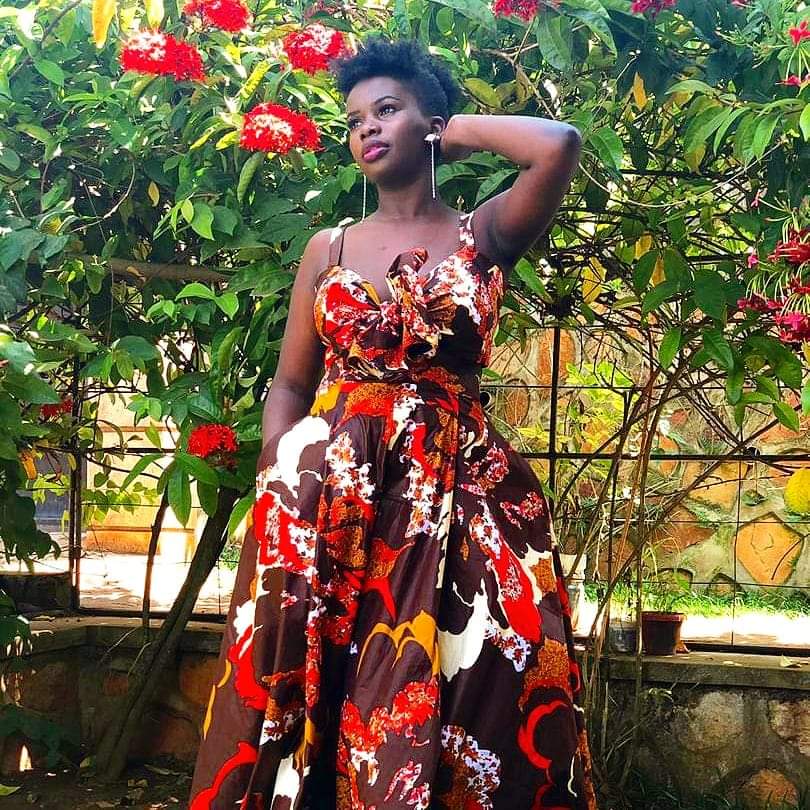Esteri Tebandeke stumbled upon acting in 2008 and has since never looked back. The multi-award-winning Ugandan actress, filmmaker, dancer and visual artist who was by then doing contemporary and ballroom dance at the National Theater heard about an audition that was going on nearby and thought to herself, ‘why not give it a try since everyone was trying?’.
She had a successful audition, bagging the lead role in the film ‘Sins of the Parents’, marking the start of a successful career that has seen her win several prestigious awards and feature in films such as ‘Master On Duty’ (2009), ‘Family Tree’, ‘Queen Of Katwe’ (2013), Imperial Blue, among others.
Her directorial debut, ‘Little Black Dress’ which was shot in Nairobi, Kenya, premiered in competition at the 2019 edition of the Africa International Film Festival in Lagos, Nigeria and competition at the Luxor African Film Festival.
In this interview, Esteri talks about life, taking on film directing and her latest film ‘Imperial Blue’ which is set to premiere on Saturday, June 5.
Directed by Dan Moss and produced by David Cecil, Imperial Blue is an adventure-thriller set across three continents. The main action takes place in East Africa and revolves around a mystical substance called Bulu – a rare and sacred powder said to bestow the power of prophecy.
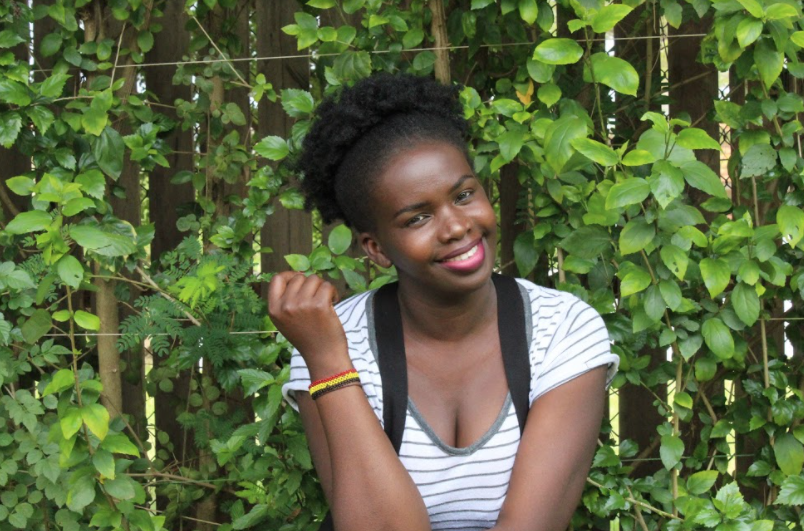
GLIM: Growing up, what did you want to become?
E.S: I always wanted to be a visual artist. That’s what I studied at the university. I wanted to draw, paint, sculpt and dance. I never saw myself as an actress and filmmaker.
GLIM: What do you love most about acting?
I like that I get to meet new people on every set that I work on, I am allowed the freedom to inject myself into the characters that I play and the freedom to be someone else. I love that because I get to undress Esteri and become this other person. It is very refreshing.
GLIM: What’s the most challenging character you have played?
E. T: I played two women who were twins in the movie called ‘Her Broken Shadow’. I had to do the lines of one character, then take off the costume, put on new ones and then do the lines of the other. Playing against myself and maintaining eye focus was so challenging.
GLIM: Your performance in your latest film ‘Imperial Blue’ was so impeccable. What did you love most about playing the role of Kisaakye?
E. T: Firstly, I enjoyed working with the director David Moss; he is one of the best directors I have ever worked with because he challenges you to not wait on him to give you directions. He gives you the characters and allows you the freedom to turn that character into whoever you want it to be. I met new people on set and also we went out of Kampala, we lived in Fort Portal for 3 weeks. It was challenging but very magical.
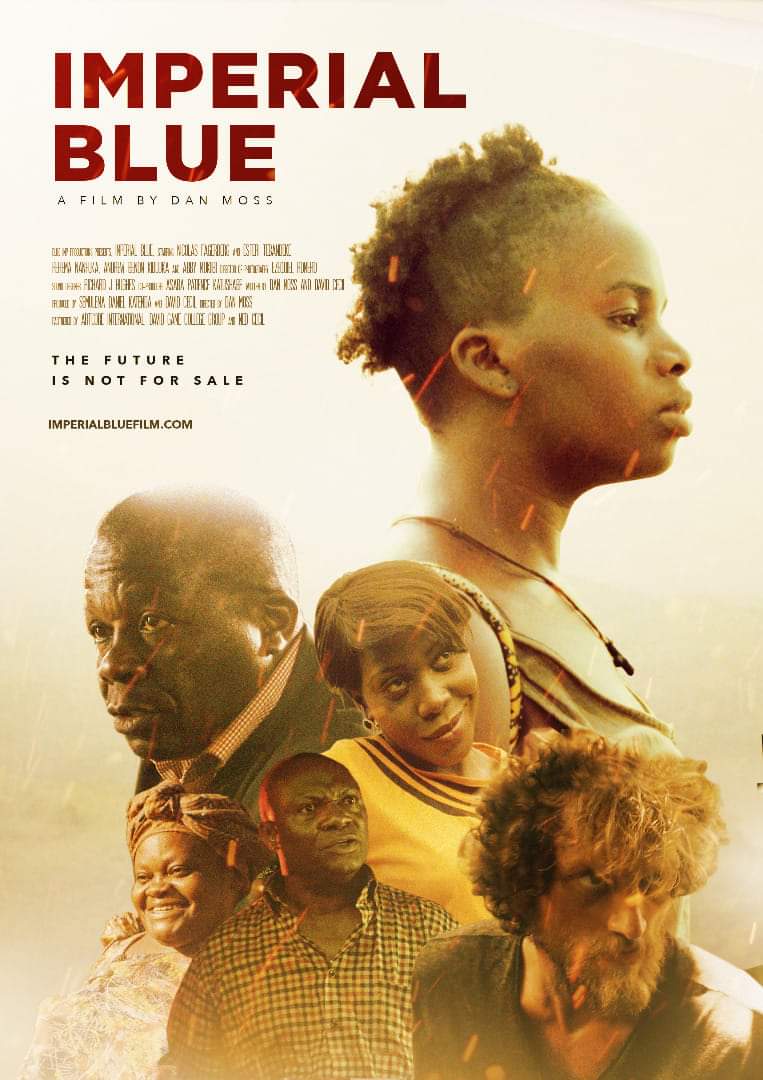
GLIM: How did you go about preparing for the role of Kisaakye?
E. T: I did a lot of rehearsals with the director and the fellow castmates. I had several play times with Rehema and Hugo. Dan would make sure we meet and sometimes play games like children just to break the walls between the characters and try and understand that these are sisters but they have a complex relationship.
GLIM: In what ways did you connect with Kisaakye?
E. T: She was dealing with Christianity, witchcraft, the church, land and community. I feel like the character of Kisaakye is almost every African girl. Every struggle she has had, at least each of us has gone through something of that kind. She has lost a parent, I have lost one, she is trying to fight for her father’s land, I have kind of experience that a bit in my life.
GLIM: What was the most challenging bit about playing Kisaakye?
E. T: I was trying to avoid being typecast. I originally did not want to play Kisaakye, I had seen the script and was running away from it. I kept hearing Esteri ‘there’s this role you should go and audition for’ then finally the director came looking for me. He found me rehearsing for a one-woman stage play I was going to perform and asked me to audition. I changed my mind because the director approached me and I had the freedom to make Kisaakye my own and turn her into the character that I wanted. So my biggest challenge was not wanting to play a character that would make me seem like it’s easy for people to say ‘Esteri is the girl who can play a village girl.’
GLIM: Rehema Nanfuka is one of the legends in the film industry. How did it feel like working with her and what did you learn from her?
E. T: By the way, the first film I ever did was with Rehema, she was playing my sister-in-law. So, this was another full circle situation where we were playing sisters. For me, working with strong actors, challenge me, in terms of if you are going on set, you have to have your game right because they are coming with full force and if you don’t bring it on, they are going to just completely throw you off.
I enjoyed working with Rehema because she knows what she is doing, she has harnessed her craft, and she brings great energy on set.
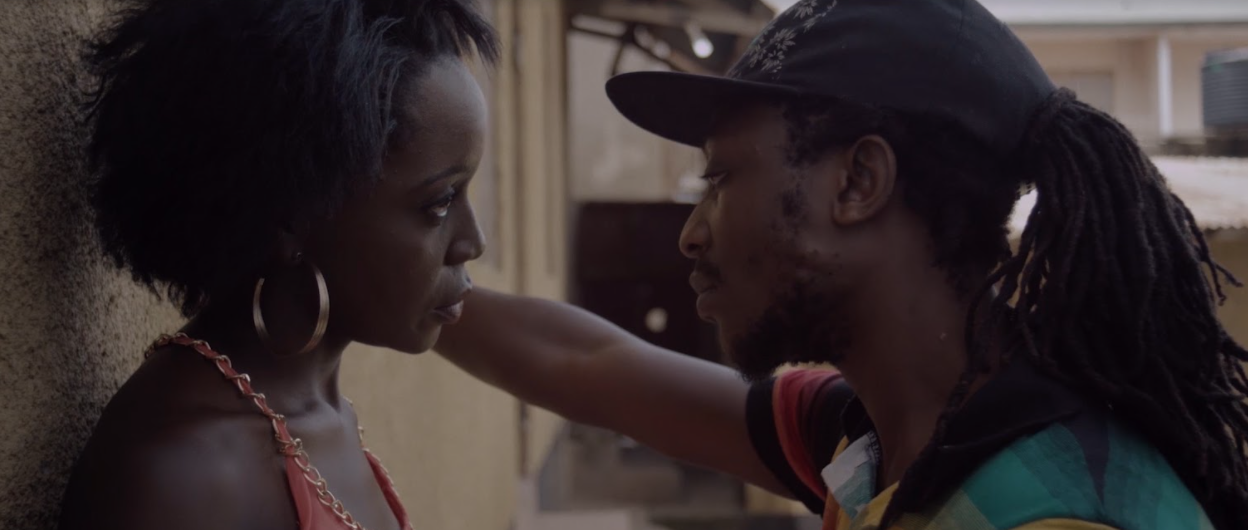
GLIM: What was your most memorable experience on the set of ‘Imperial Blue’?
E. T: The drives from Fort Portal town to a small village called Ndali where the small island called Ndali lodge is located. Surprisingly, it’s where I honeymooned after my wedding in 2011, and we shot Imperial Blue in 2017. Taking that route every morning felt like Dejavu. Making this movie was so challenging, shooting in the village where there was no power, toilet, and water. This made the bus rides so refreshing, people were so funny, throwing jokes around and having different people from different countries coming together to make the film was also very exciting.
GLIM: What’s the most outstanding thing you learnt about yourself from making this film?
E. T: I am resilient, I didn’t know that. As I said, it was hard to make this film. We usually shoot in the town where there is water, electricity, easy access to airtime, among other things. However, in the village, once you left Fort Portal town, there was no network, you could not access power and water. We had a guy on set whose sole purpose was to dig and make for us makeshift latrines. I was just amazed by my resilience.
GLIM: Any current projects you are working on that we should look forward to?
E. T: I will be shooting a short film called ‘Amaro’ that I will also be directing. shooting in Lacor. I am also hoping to direct my own short film this year called ‘Wansi’ I am also trying to put together my first women festival that will take place in September. My husband and I will be launching an online distribution and streaming platform in July and of course the red carpet premiere of ‘Imperial Blue’, which is happening next weekend, June 5.
GLIM: You mentioned you will be directing two films. How did you get into directing?
E. T: When I did Queen of Katwe, I played opposite David Oyelowo who was my husband in the film and I remember having chats with him between sets and takes and one thing he said that stayed with me was that ‘do not wait for someone to cast you in their movies go out and make your own content’. For me, that was very profound, it opened my mind to potentially writing and making my own films. I created a short film that did well last year called ‘Little Black Dress. It was nominated for the Uganda Film Festival in the category of Best Short Film, nominated in Nigeria, Zanzibar and Tanzania. I also won some awards from women festivals so I am very proud and want to keep making films.
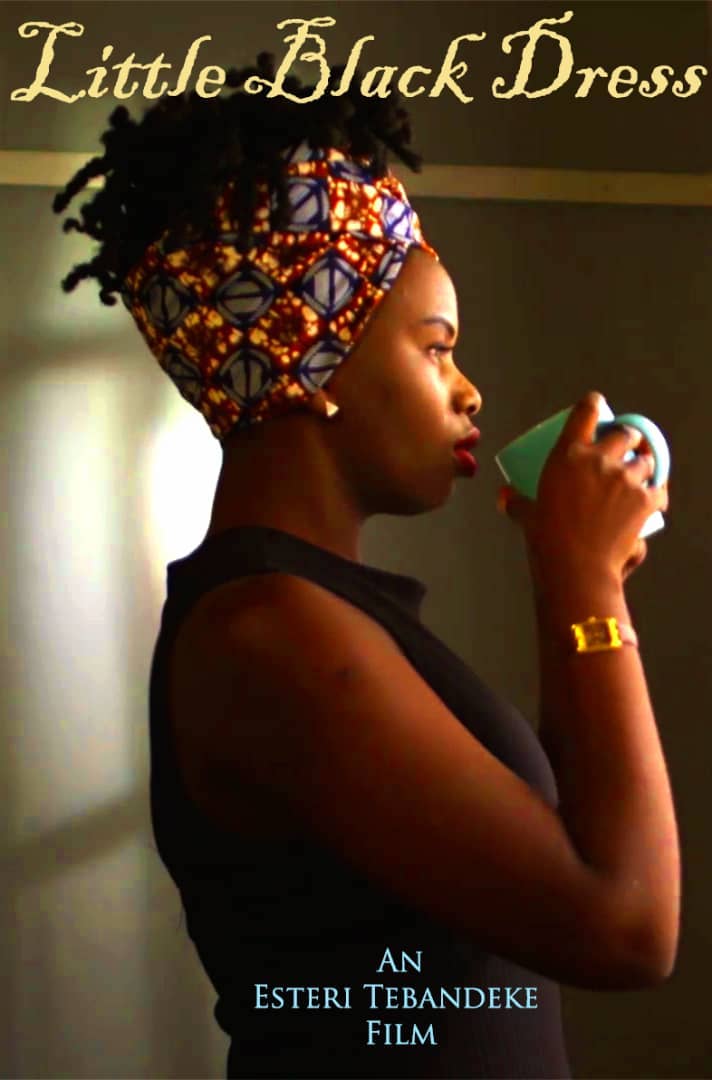
GLIM: Why do you think it is important for women to take roles behind the camera and be able to create content?
E. T: If you are not behind the camera, you are not creating change. I am not saying you can’t affect change though. As a character, you can affect change on screen if the script is written to affect the kind of change that you want but as women, we are not going to sit and wait for men to tell our stories. We know what’s going on in our lives and the kind of stories that we want to see on screen. We want to see powerful women, we don’t want to see women who are only sexualized or only props for the men. So for me going behind the camera, writing and directing my content means that I control the narrative, tell the kind of stories that are important to me, means I affect change and inspire other young girls.
GLIM: What do you do to unwind?
E. T: I watch films, listen to music, I love tea, I make very intricate jewellery for the bridal market which I find therapeutic and wash dishes. I find that also therapeutic.
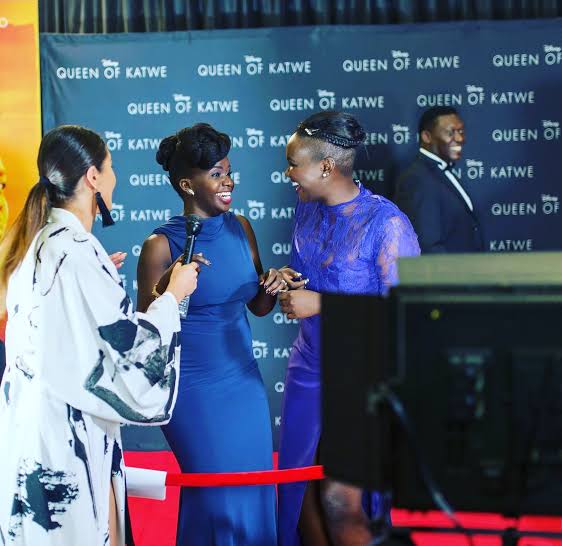
QUICK FIVE
- What is the most interesting thing you have seen this week?
I just met FatBoy and in my mind, he is ‘fat’ boy, but I met a very slim, tall man who looks very young, so I was thrown off. - What’s the last thing you googled?
GLIM - If you had the chance to meet one person alive or dead, who would it be and what would you ask them?
I would meet Ava Duvernay. She started her film career at 35 years and I relate a lot to her. I would ask her why it took her so long to start. - What quote do you live by?
‘One plus one is not always two.’ My mum taught me that I should not always expect everything to turn out the way I want it. So, if you have one and one, you expect two, but it is not always that way in life, in other words, lower your expectations. - What’s the most Ugandan thing about you?
Using the word ‘Ka’, that ‘ka girl’, (haha).
